
Hip joint pain is bound to have great impact on anyone’s life, since this part of the body is extremely important for all out normal movements. You can’t walk, sit, stand, run or do anything without engaging your hip and when it hurts, all actions become very hard. Besides pain, many patients suffer from swelling of the hip joint, as well as numbness and stiffness in that area of the body. Human hip is consisted of bones, muscles, tendons and ligaments and injury or trouble with any of these structures in the joint may provoke hip pain.
Probable Causes of Hip Joint Pain
Hip joint injuries or diseases which affect the joint are common causes of hip pain and swelling. Fractures of the hip joint because of some trauma or bad fall may also cause serious pain in the hip. Osteoporosis in elderly patients can be blamed for this problem, too, because the hip bones degenerate significantly due to this disease and be easily fractured.
Bursitis or inflammation of bursae sacks in the hip joint can affect the hip after some traumatic injury or muscle strain. This condition may lead to pain in the hip after long distance walk, sitting on a hard surface for a long period of time or after climbing the stairs.
Arthritis and Tendonitis
Arthritis is yet another possible explanation of hip pain and it can be either rheumatoid arthritis or osteoarthritis. Lower back pain may also be transferred and felt as hip pain. Runners and dancers may experience tendonitis and related hip pains, while some people may suffer from hip joint pain due to avascular necrosis.
Do You Know How to Treat This Problem?
Proper rest is important for any type of pain, including hip joint pain, especially lying down on a firm surface. Swelling may be reduced with ice packs, but if your symptoms don’t improve or resolve after 24 hours, consult your doctor.
Pain killers are used as temporary ease of milder pains and corticosteroid injections for more severe pain in the hip. Proper diagnosis requires the use of X-rays, MRI (magnetic resonance imaging) and CT (computed tomography) scans. Surgical procedures are recommended for serious arthritis, bad fractures or torn hip cartilage.
Physical Therapy
After the pain subsides, doctors advise some physical therapy. These hip joint pain exercises with physical therapist are designed to speed up the recovery, restore normal movement of the hip joint and improve flexibility and strength or affected hip.


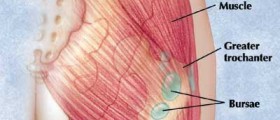



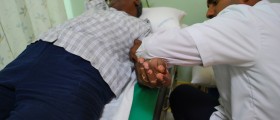

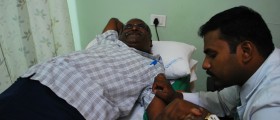

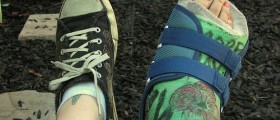
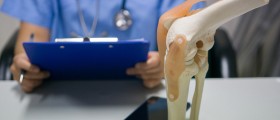
-Symptoms,-Diagnosis,-Treatment_f_280x120.jpg)
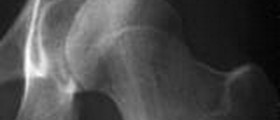


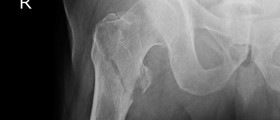
Your thoughts on this
Loading...